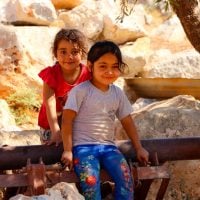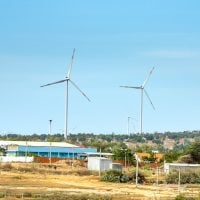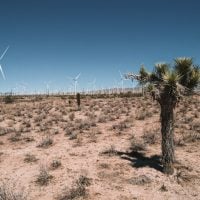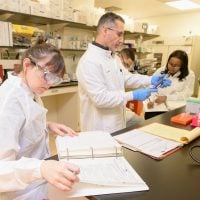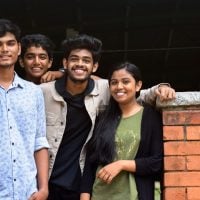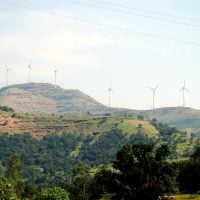Deadline: 18 October 2017
The Wageningen UR Centre for Development Innovation (CDI) is inviting applicants for its course on “Contemporary approaches to genetic resources conservation and use”. The course starts from 9 April 2018 until 27 April 2018 in the Netherlands.
This course provides state-of-the-art insight into various plant genetic resources management strategies and relevant policies.
Course Objectives
Upon completion of the course applicants will:
- understand current perspectives, concepts and strategies regarding the conservation and use of genetic resources;
- be able to apply genetic resources management strategies which covers aspect of gene bank management and on-farm management;
- be familiar with the history and contents of international agreements, in particular the CBD, IT-PGRFA, WTO-TRIPS and UPOV;
- be able to implement the International Treaty and the Nagoya Protocol, including the Treaty’s Multilateral System, its Standard Material Transfer Agreement, the Funding Strategy and aspects of Farmers’ Rights.
Eligibility Criteria
- The programme is designed for mid-career professionals working in policy, research, education or development areas.
- Participants may be employed by ministries, research institutes, universities, companies, NGOs or other organisations involved in plant genetic resources management.
- Applicants should have at least an MSc or equivalent in training and experience.
- At least three years of professional experience in a relevant field is required, as well as proficiency in English.
How to Apply
Applications can be accessed online through the website. Applicants must first have to create an account on the website and register themselves for the course.
Eligible Countries: Albania, Algeria, Armenia, Bhutan, Bolivia, Burkina Faso, Cambodia, Cuba, Djibouti, DR Congo, Egypt, Georgia, India, Iran, Iraq, Jordan, Lebanon, Libya, Macedonia, Mongolia, Morocco, Nepal, Nicaragua, Nigeria, Pakistan, Peru, Philippines, Senegal, Somalia, Sri Lanka, Sudan, Suriname, Syria , Thailand, Tunisia, Zimbabwe.
For more information, please visit Contemporary Approaches to Genetic Resources.








